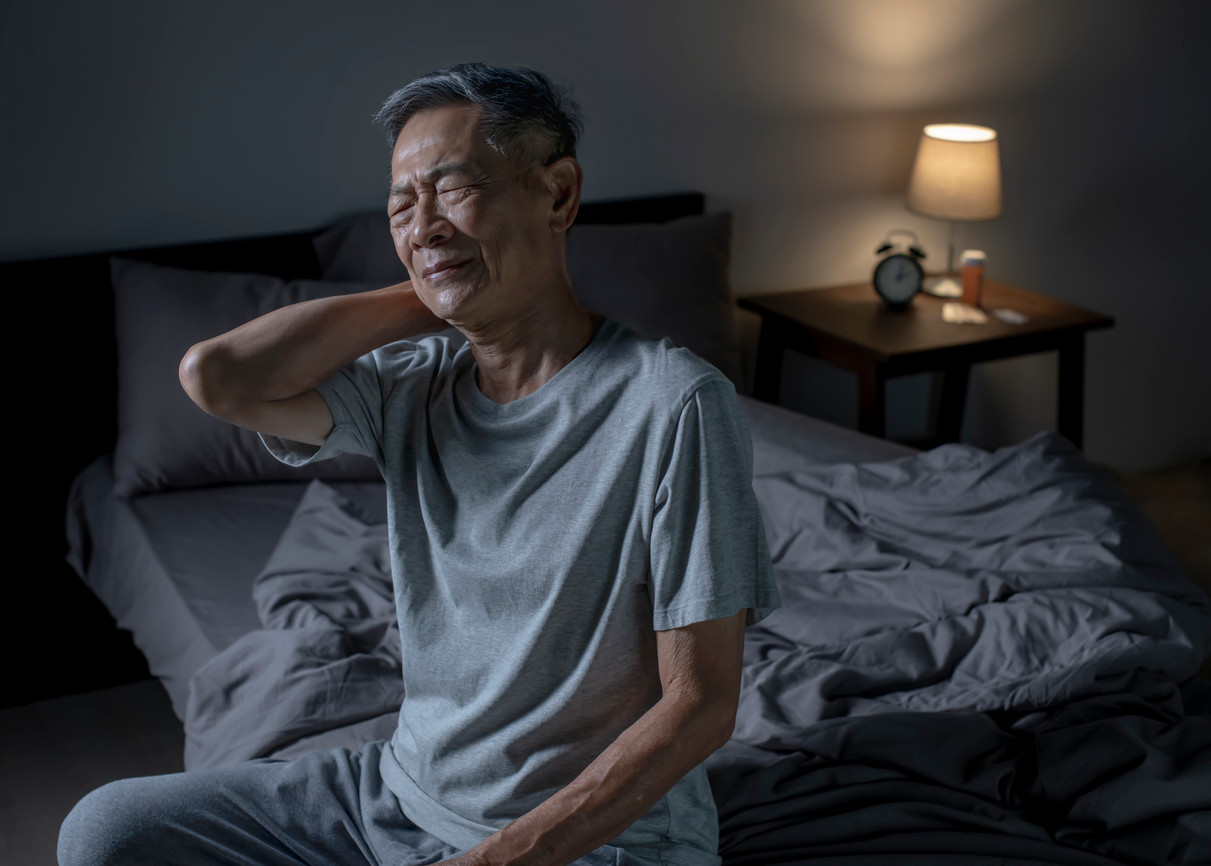Upper back pain after sleeping: causes, treatments, and exercises
Discover causes and solutions for upper back pain after sleeping. Learn tips, stretches, and sleep setup adjustments to wake up feeling better.
$0 cost to you
Published Date: Feb 20, 2025
Table of Contents
Fully covered back pain relief
Find relief from lower back pain, a thrown out back, sciatica, & more.
Check if I'm eligibleExercises for upper back pain after sleeping
Want expert care? Check if you're covered for our free program →- Cat Cow
- Open Book
- Head Tilt
- Scapular Clocks
- Shoulder Rows
